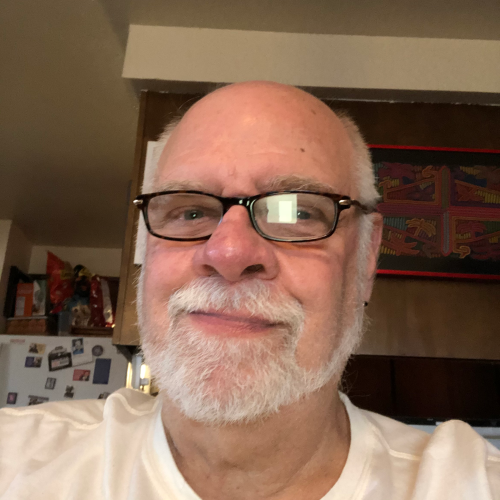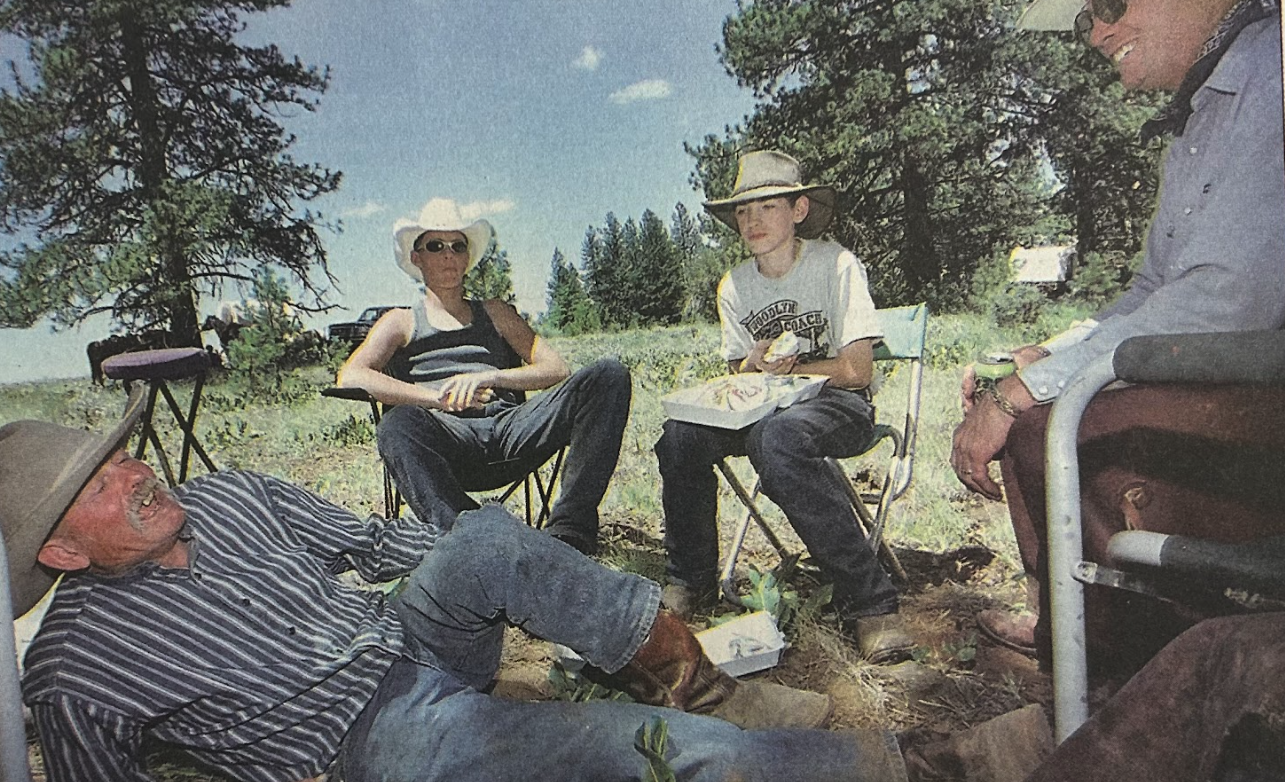The Road Not Taken: Being Black and white
Published 5:00 am Tuesday, March 12, 2024

- Henry
Let’s say for the sake of argument that, like me, you are curious about what exactly goes on inside a building labeled a “church” or “temple” or “community center” or anything that smacks of religion. You decide to check it out, following the scent of curiosity. You walk through the doors and what do you see? What do you hear? What do you smell? What do you feel in the air? Does anyone bother to openly admit a stranger is in their midst? Is the “preacher” (or pastor or reverend or priest or “just call me Matt”) checking in with others or waiting in the wings for “the grand entrance?” And of utmost importance: Does this spiritual leader make personally welcoming you a special guest in their community — top priority?
This much is true and right as rain: the worship experience is typically the first and most important face of practicing religion. It is the immediate spirit of Christ (or some false demagogue) that a hesitant inquirer gets of what the experience is claiming to represent. And it is often the dealbreaker or dealmaker of whether someone will come back again or hastily beat a retreat at the least intrusive moment. Make no mistake: For the casual observer of culture or someone really needing and seeking something greater than what may be found anyplace else, the quality of the worship experience for the stranger or the regular is everything. It’s a one-time shot for the visitor to either find or reject something as vague as religion. The challenge for a religious body to get it right here is immense as it just may represent a life-changing experience for someone feeling lost, lonely, at the end of their rope — or just wondering why anyone gives freely of their time and economic resources to sing a few tunes and listen to a lecture. This question nagged me to no end and eventually it would lead me to complete a professional doctorate in the subject and the question is as it has always been for me: Why should I come back?
Black Baptist worship for two years with its lively, visceral, communal, call-and-response expression indelibly left its imprint on me. Black American worship as I experienced it at Church by the Side of the Road and other black churches in the East Bay Area was anything but the spectator sport, movie audience type of subdued Mainline worship in which I’d been raised. Black preachers in the main have raised preaching to a high art form; they tend to be masterful story tellers and carry the congregation along for the ride. The pews are anything but “quiet and respectful,” as congregants hear the truth of their lives and world and hope unvarnished with platitudes. They cry out to the preacher freely with voices and body upraised with noise that makes White people tend to squirm: “Amen! Yassuh! Tell the truth! Peach that, man!” Black Christians call this response “hooping” and as one of them, a good friend, once said to me so accurately, “Saying ‘Amen’ to a preacher is like saying ‘Sic’em’ to a dog.” It is fair to say in my experience that I cut my eye teeth on Black Protestant worship. What my White Protestant upbringing squelched, the Black experience plowed, reseeded and harvested to this very day, for it was in the Black Church I heard not “God bless America” but God bless struggling humanity in all its pain and glory and waywardness and hope.
My two years of worshipping with Black Baptists came to an end as my apprenticeship year had been completed (I stayed an extra year to finish an academic Master of Arts degree along with the requisite Master of Divinity degree required of clergy). It was at that point in time that God threw me a curveball, especially as it pertained to the experience of worship. Due to my willingness to cross ethnic boundaries, one of my professors, a retired Chinese American pastor from San Francisco forwarded my name to a Taiwanese United Methodist pastor seeking an associate pastor for the younger, American-born, English-speaking part of his immigrant Chinese congregation. After interviewing with Pastor Ernest Khan, I was offered the job and I took it. Fresh from Black American worship I was plopped by God into one of the most quiet and meditative types of worship imaginable. It was the progression of what Jerry Garcia would so eloquently describe as “what a long, strange trip it’s been.”






